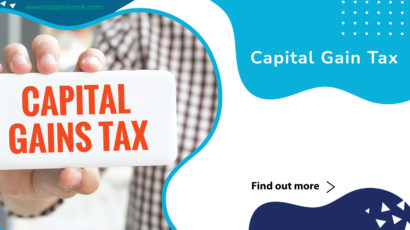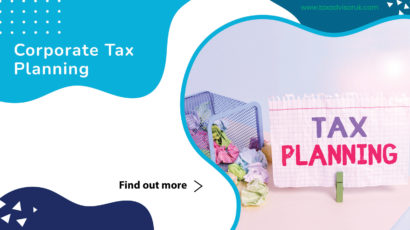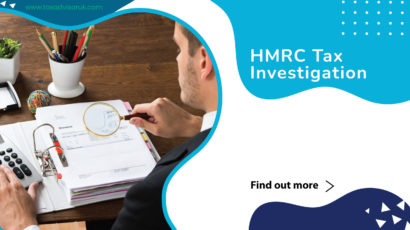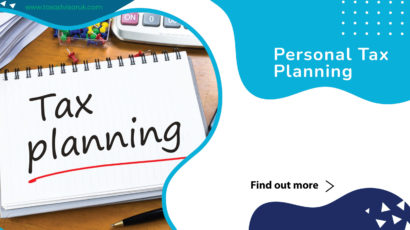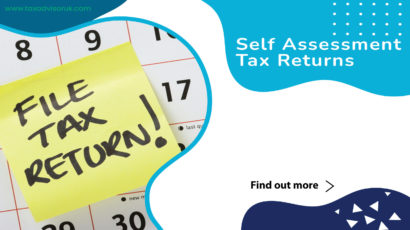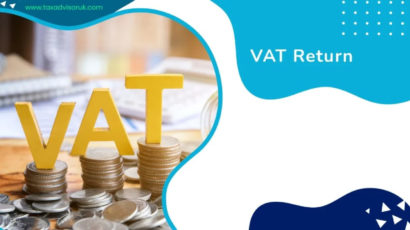The Chancellor’s tax plan, as well as some immediate reforms to help people cope with the cost of living problem, were laid out in today’s Spring Statement. Individual assistance, creating favourable conditions for stronger growth, and sharing the benefits of growth are all components of the Chancellor’s tax proposal.
The fact that the Chancellor did not announce any new major tax changes in the spring statement was unsurprising for businesses, given that he has already postponed many of these tax plan adjustments until the Autumn Budget. However, in this article, we will go over the key points of the spring statement 2022.
Fuel duty
As expected, the Chancellor announced a 5p per litre reduction in fuel duty. The cut will go into effect tonight at 6 p.m. and will last until March 2023. This will undoubtedly benefit many people who are facing a cost-of-living crisis, as well as corporate sectors that rely on transportation and face high gasoline prices.
Business rates
There was an announcement of a new temporary business rates relief of 50% for the retail, hospitality, and leisure industries, which is great news for a sector that is still recovering from the pandemic, but there were no announcements about reviewing the overall business rates system, so this assistance is only available to businesses in the retail, hospitality, and leisure sectors for the time being.
Contributions to the national insurance system
Households needed some good news in the spring statement today, with national insurance contributions set to rise due to the implementation of the Health and Social Care Tax, rising costs, and rising energy prices. As a result, the unexpected news was a higher-than-expected increase in NIC levels starting in July 2022.
The Chancellor has harmonised the NIC and income tax limits. Employees’ primary threshold and self-employed people’s lower profits limit will both rise from £9,880 to £12,570, allowing anyone to earn £12,570 without paying NIC or income tax. This change will offset the expected increase in national insurance due to the Health & Social Care tax, which will go into effect on April 6, 2022.
The Employment Allowance, which allows qualified firms to reduce their annual employer National Insurance contributions (NICs) bills, will be increased to £5,000 beginning in April, providing much-needed assistance to small businesses.
The self-employed got some good news when it was revealed that from April 2022, those self-employed with profits between £6,725 and £11,908 will not be required to pay Class 2 NICs. This has no bearing on their ability to receive contributing benefits. This equates to a savings of £165 per year, which isn’t much but will help the self-employed community in some way.
Allowances for Capital Super-deduction and Annual Investment Allowance (AIA)
The Chancellor reminded taxpayers in today’s spring statement that the temporary £1 million level of the Annual Investment Allowance has been extended until March 31, 2023, and that the super-deduction will also expire on March 31, 2023. He did, however, admit that once the super deduction expires next year, the UK’s capital investment tax treatment will be less favourable than that of other advanced countries. He has stated that this issue will be addressed in the upcoming Autumn Budget.
Reduction in income taxes
While there were no immediate changes to income taxes as a result of today’s spring statement, a prospective income tax cut from 20% to 19% was revealed today, which could take effect in April 2024. It’s worth noting, however, that the Chancellor did add a note of caution, stating that this is subject to certain fiscal conditions being met.
Products that save energy
There was little good news in the spring statement for those dealing with rising energy bills and costs, which are expected to rise from April onwards. In his spring statement, the Chancellor promised a zero-percentage-point VAT rate on a broader range of energy-efficient household goods. The zero-rate will apply to solar panels, heat pumps, insulation, water wheels, and windmills. However, this is of little comfort to those who are unable to pay their energy bills and will be unable to invest in new energy-saving devices!
However, this could be good news for businesses in the energy efficiency market, as this effort could lead to an increase in sales.
Tax reform and reduction will be a priority in the future.
The Chancellor used today’s spring statement to lay out his future tax plan for reducing and reforming taxes, but no announcements will be made until the Autumn Budget. The following issues are being investigated between now and the Autumn Budget:
PEOPLE: Corporations in the United Kingdom now spend half as much on employee training as their European counterparts, and the Chancellor hopes to change that with special benefits for companies to engage in employee training.
IDEAS: Because the UK lags behind the rest of the world in R&D spending, the Chancellor believes the current R&D system is ineffective and has promised to change R&D tax credits. The Autumn Budget will look at R&D reform, with a focus on expanding sectors like data, cloud technology, and pure mathematics.
CAPITAL: The Chancellor stated that he would consider steps to reduce tax rates on company investment, although he did not elaborate on how he intends to do so.
None of these policies were fully revealed in today’s spring speech; they will all be revealed in the Autumn Budget.
None of these policies were fully revealed in today’s spring speech; they will all be revealed in the Autumn Budget.
He has, as expected, postponed any significant changes to corporate taxation until the Autumn Budget, and we will keep you updated on any such changes as they occur.
How TaxAdvisor UK can help
At TaxAdvisor UK , our experts will provide you 30 minutes free consultation and help you in managing all your tax and accounting work. Speak to our expert accountants, tax advisor on (0203) 5381276 or fill an online form today. We can have a consultation session over the phone, virtual or face to face meeting and will provide you with a no obligation fixed quote




